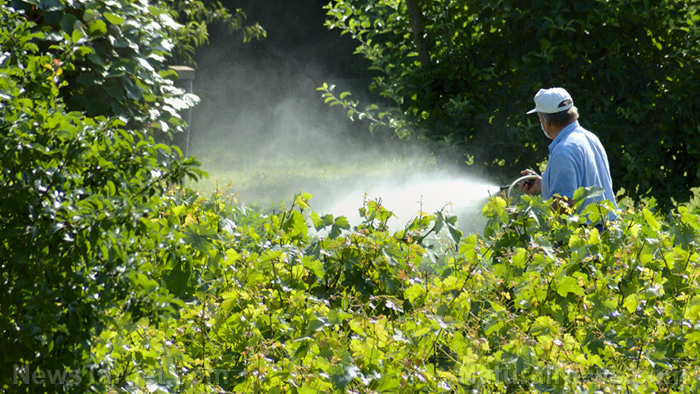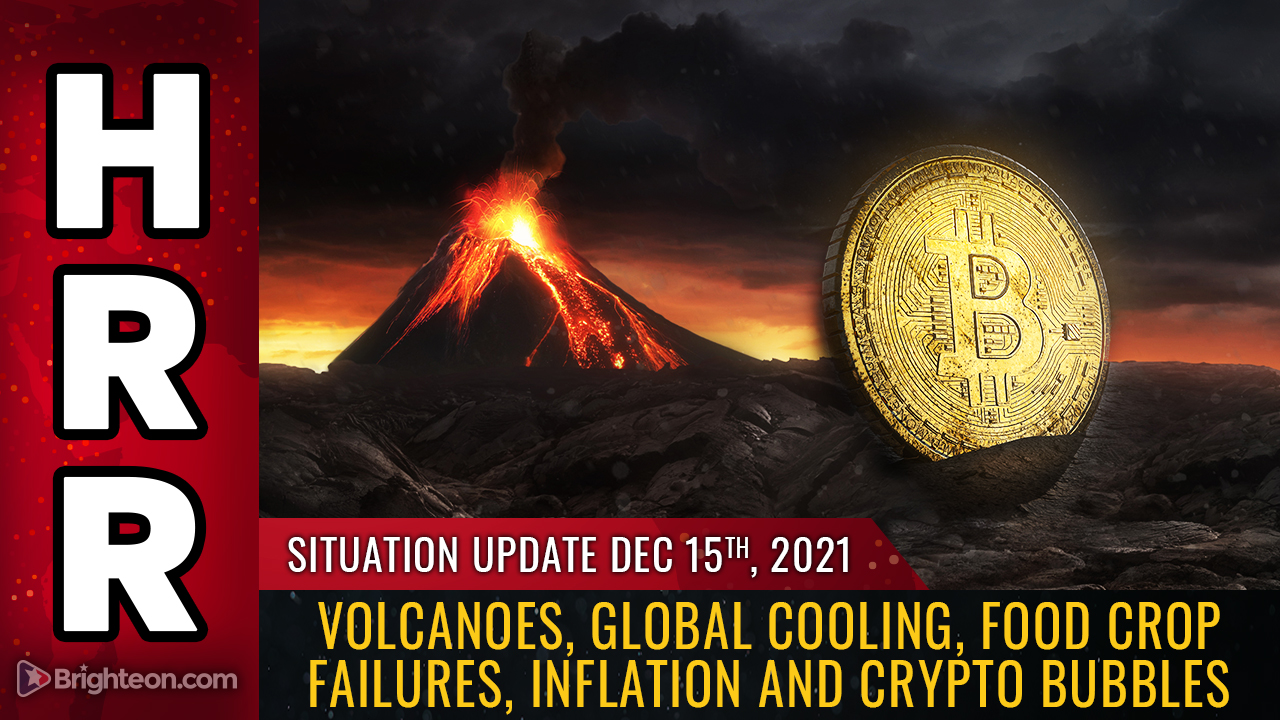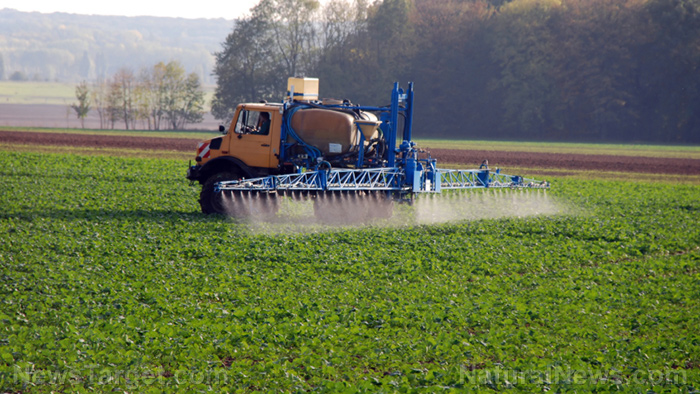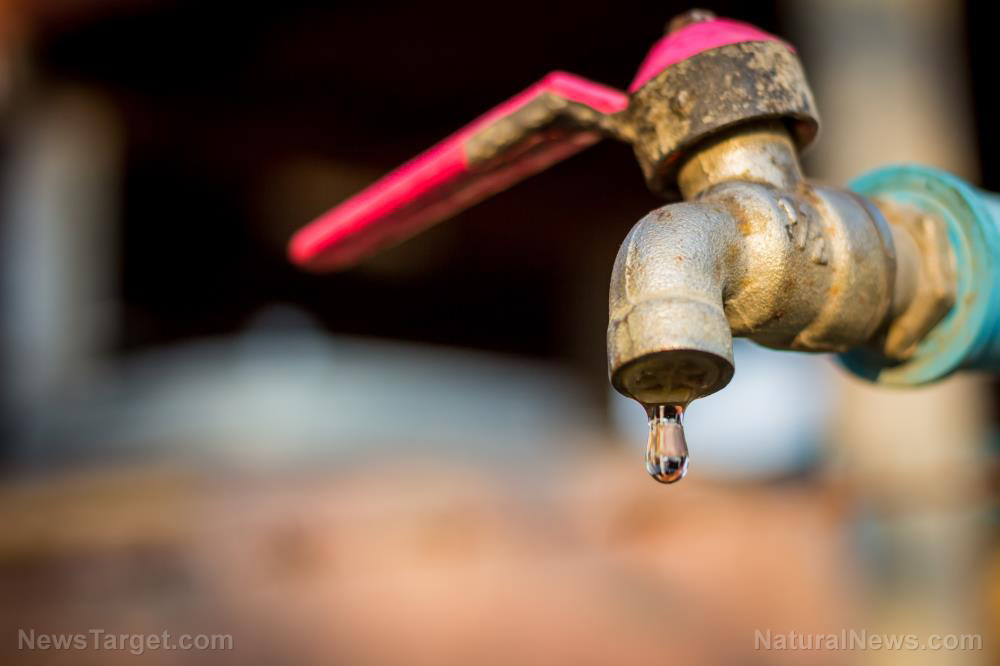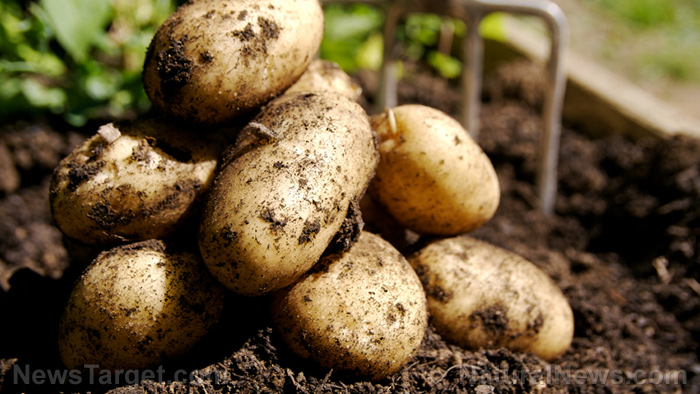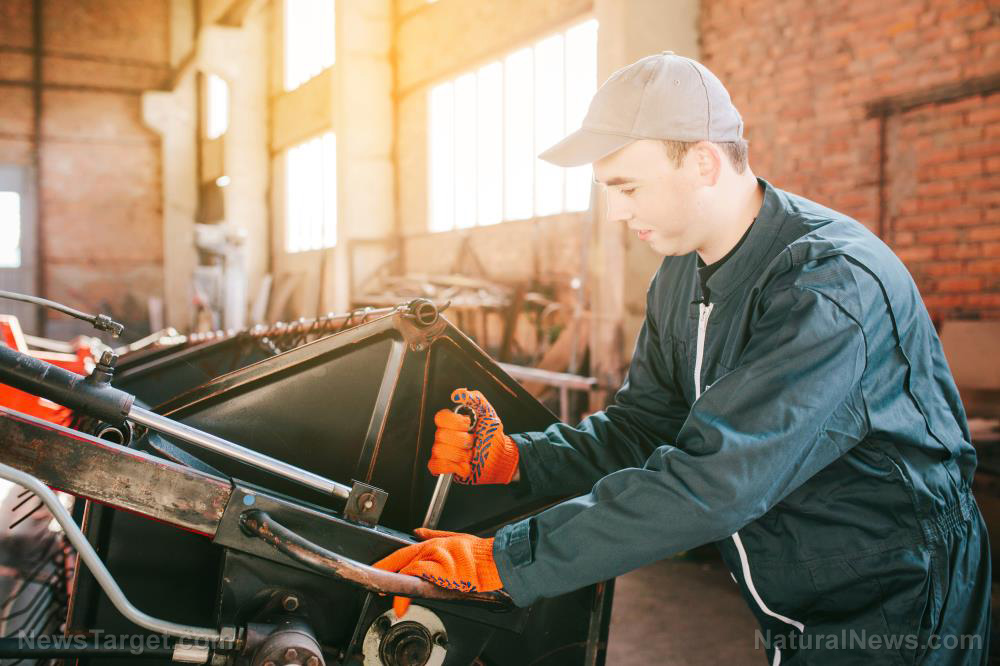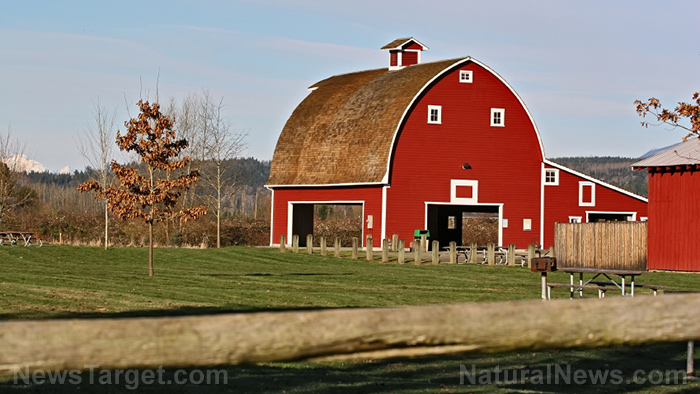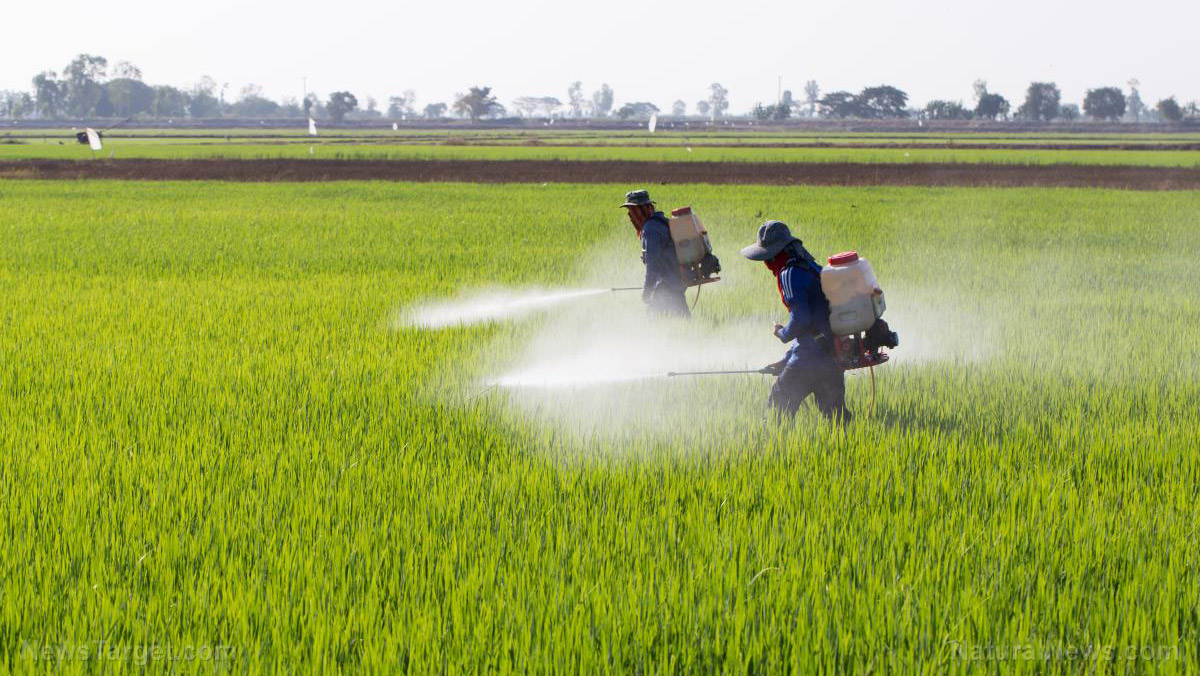Germany’s largest ammonia producer slashes output amid escalating energy crisis; food crop shortages anticipated throughout 2022
10/08/2021 / By Ethan Huff
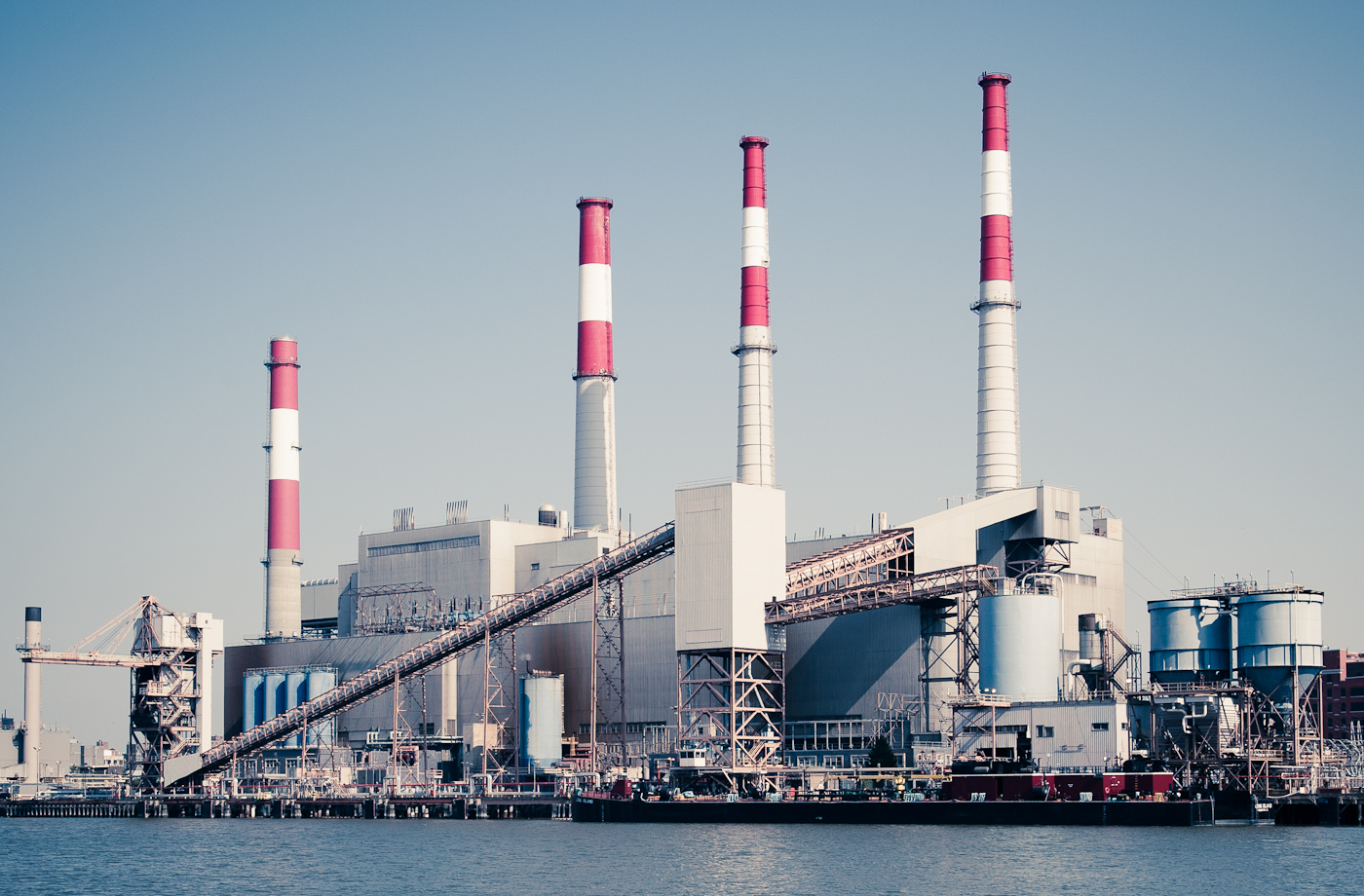
Natural gas is suddenly not as plentiful as it once was in Europe, which is sending shockwaves throughout the supply chain.
The latest casualty is ammonia, with Germany’s largest producer, SKW Piesteritz, having to slash output due to skyrocketing natural gas prices and tight supplies.
According to reports, two of the United Kingdom’s largest fertilizer factories had to shut down completely last month due to the crunch. One of them was able to reopen with government aid.
Now, the crisis has spread to Germany as SKW just announced a 20 percent reduction in ammonia production due to record-high natural gas prices.
“The level that has now been reached no longer enables economically sensible production, so we are forced to take this step,” the company told Bloomberg in an emailed statement.
“Without government action, there is a risk of production being halted shortly.”
Australian fertilizer producer Borealis AG has had to do the same thing as there is just not enough natural gas available at an affordable enough price to continue operations as normal.
All of these producers are needed in order to maintain the food supply, it is important to note. Without them, food shortages will only increase.
Natural gas is used to synthesize ammonia for nitrogen fertilizers that are used by the farming industry. One of its byproducts is carbon dioxide (CO2), which is also needed by the food industry to produce and transport everything from meat to carbonated drinks.
Endless fiat printing, resource mismanagement, covid restrictions all collapsing the global economy
Taking the blame for natural gas prices surging is a massive reduction in gas flow from Russia, which is Europe’s top supplier.
Compared to this time last year, natural gas flow from Russia to Germany via the Yamal-Europe pipeline is down 28 percent.
There is also an energy crisis in China that is having a ripple effect into Europe, and possibly eventually into the United States.
The U.S., by the way, is experiencing its own supply chain problems as the Wuhan coronavirus (Covid-19) takes the blame for shipping containers floating out in the ocean with nowhere to port.
As for Europe’s crisis, government officials claim the Kremlin and Gazprom are mismanaging the continent’s energy grid.
Pending approval from German regulators, Russia says it is planning to fill the Nord Stream 2 natural gas pipeline, though it would still take months to return the supply of natural gas back to normal.
“This means that the shortage of basic chemical materials can increase food inflation, just as the global economy could be stumbling into a stagflationary period,” says Zero Hedge.
Keep in mind that central banks like the Federal Reserve continue to print money like crazy and pump it into the stock market. This is probably the biggest factor driving inflation at the current time.
“This is intended to produce mass starvation on a world scale,” wrote one Zero Hedge commenter.
“Before this late phase, shortages will follow the inflation spiral, then hyperinflation will kick in. There will never be any recovery from this since this is an engineered, controlled demolition of our living dead monetary and economic system.”
“Not only does Russia (Gazprom) have more gas reserves than any other country on the planet, but Russia is also the world’s largest producer of mineral fertilizers,” wrote another. “Their biggest export market is China. So if this energy crisis continues, it looks like there is going to be a price war between China and Europe, and this stagflation food crisis is going to go global.”
To keep up with the latest news about the collapse of the global economy due to inflation, supply chain issues, and Wuhan coronavirus (Covid-19) restrictions, visit Collapse.news.
Sources for this article include:
Tagged Under: ammonia, chaos, Collapse, COVID, crisis, energy, fertilizer, food crops, Germany, harvest, natural gas, Plandemic, power grid, shortage
RECENT NEWS & ARTICLES
COPYRIGHT © 2017 HARVEST NEWS

